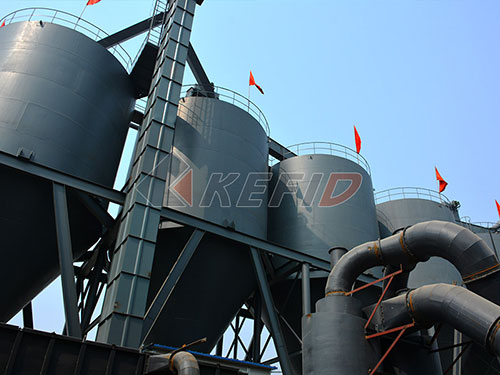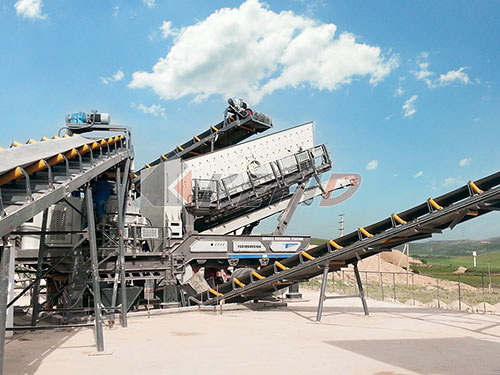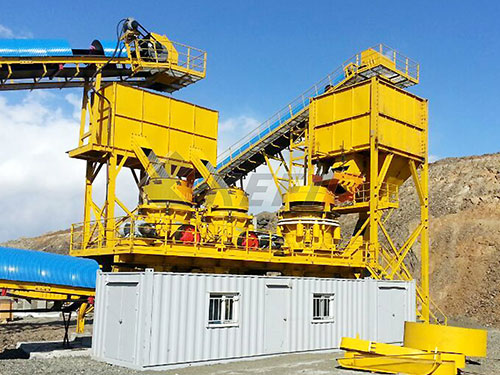Crushers For Sale
Crushers For Sale: Your Guide to Smart Purchasing Decisions
Finding the right crusher for sale is more than just browsing listings; it's a critical investment decision impacting your project's efficiency, productivity, and bottom line. Whether you're in mining, aggregate production, recycling, or construction demolition, selecting the appropriate crushing equipment requires careful consideration of your specific needs and operational realities.
Understanding Your Crushing Needs: The First Step
Before diving into the market of crushers for sale, clearly define your requirements:
1. Material Type: What are you crushing? Hard rock (granite, basalt)? Soft rock (limestone)? Recycled concrete or asphalt? Abrasive materials? Different crushers excel with different materials.
2. Feed Size: What is the maximum size of material entering the crusher?
3. Desired Output Size & Shape: What final product specifications do you need? (e.g., base course aggregates requiring cubicity vs. fines for asphalt production).
4. Required Capacity (TPH): How many tons per hour do you need to process?
5. Mobility: Do you need a stationary plant fixed in one location for years? A wheeled mobile crusher moved occasionally between sites? Or a highly mobile tracked unit frequently relocated within large sites?
6. Application: Primary crushing (first reduction)? Secondary/tertiary crushing (further refinement)? Quarrying vs recycling?
Crusher Types Available
Understanding the main categories helps narrow your search:
1. Jaw Crushers: Ideal for primary crushing of hard, abrasive materials due to their robust design and compression action.
2. Cone Crushers: Excellent for secondary and tertiary stages, producing well-shaped aggregates efficiently through compression crushing.

3. Impact Crushers (HSI & VSI):
Horizontal Shaft Impactors (HSI): Great for softer materials like limestone or recycling applications (concrete/asphalt), offering high reduction ratios and good cubicity via impact force.

Vertical Shaft Impactors (VSI): The masters of shaping and fines production ("cubicity kings"), crucial for high-quality aggregate specifications.
4. Gyratory Crushers: Typically used in large-scale mining operations as primary crushers due to their very high capacity.
5. Mobile Crushers: Increasingly popular across all types (jaw, cone, impact). Tracked models offer superior mobility on


